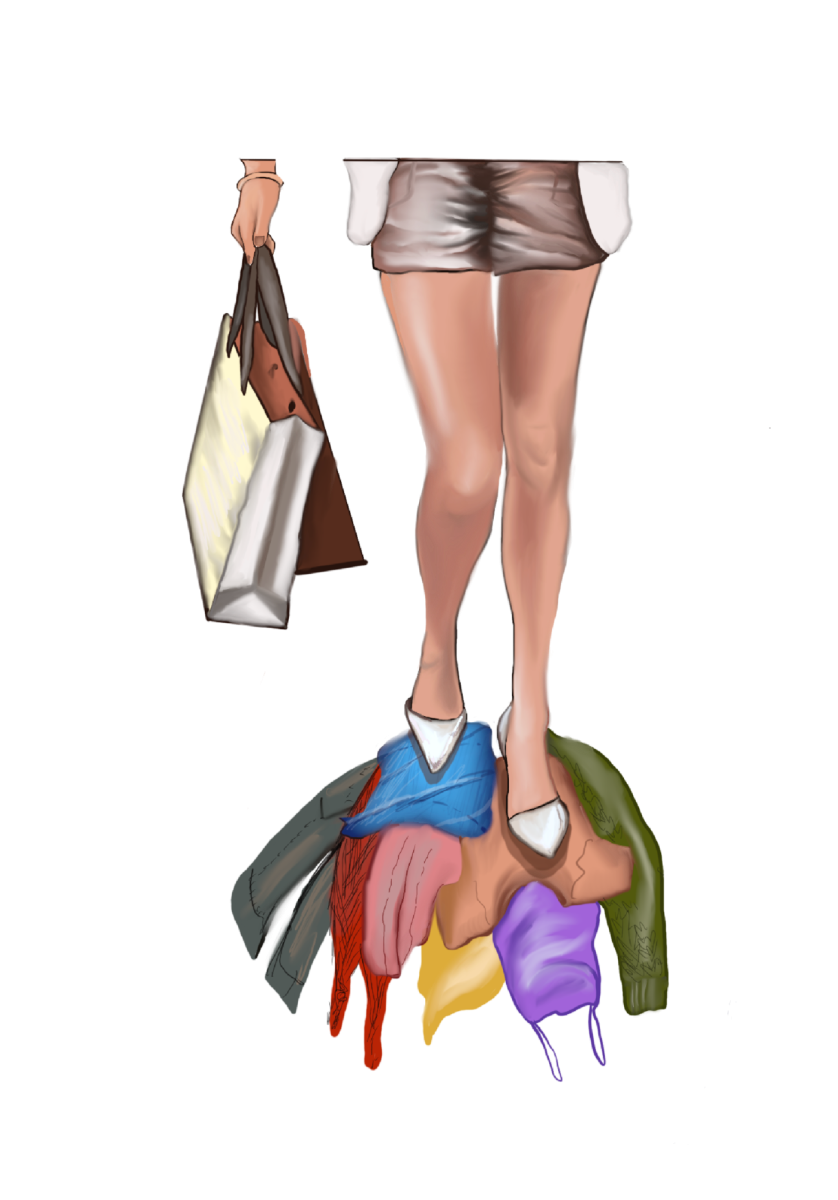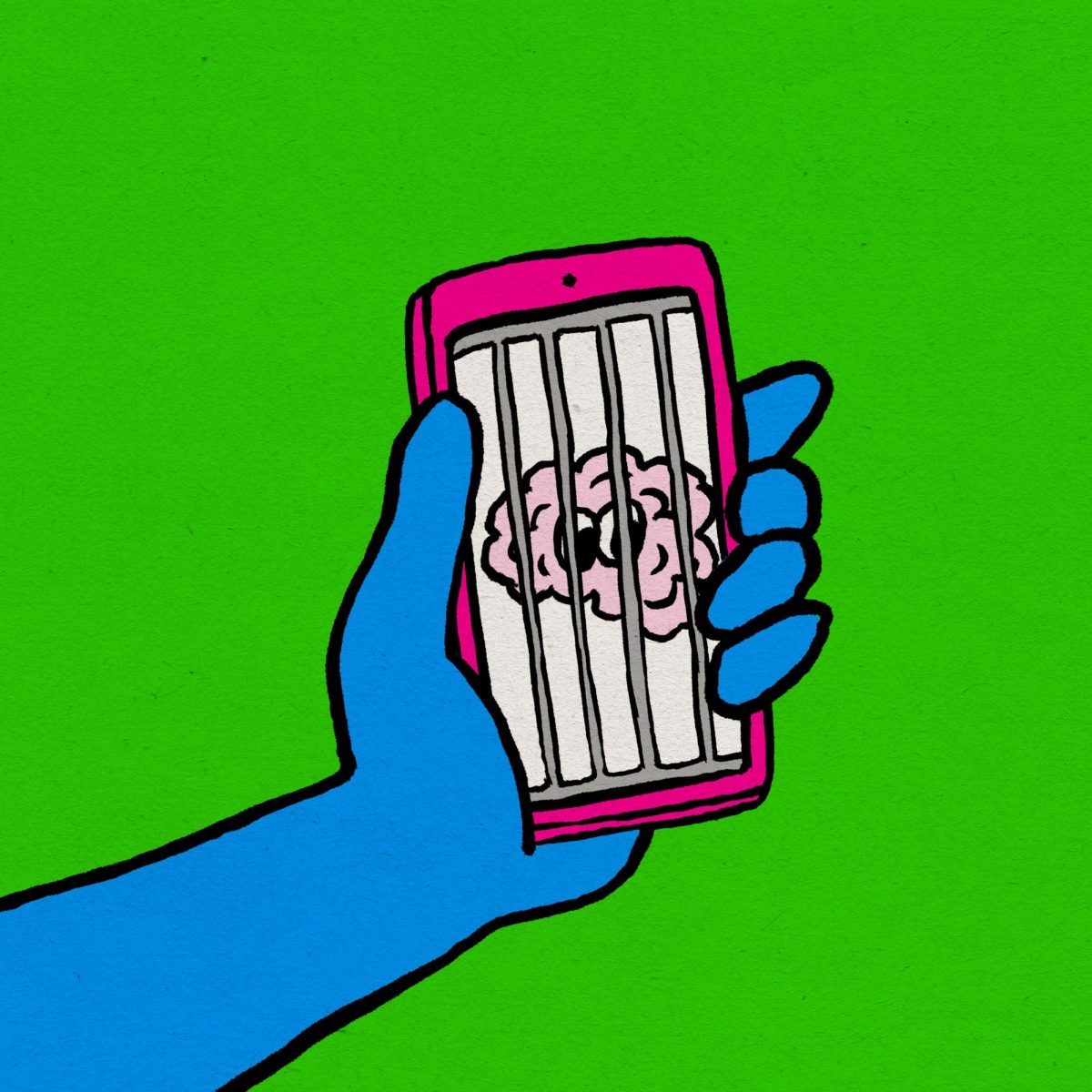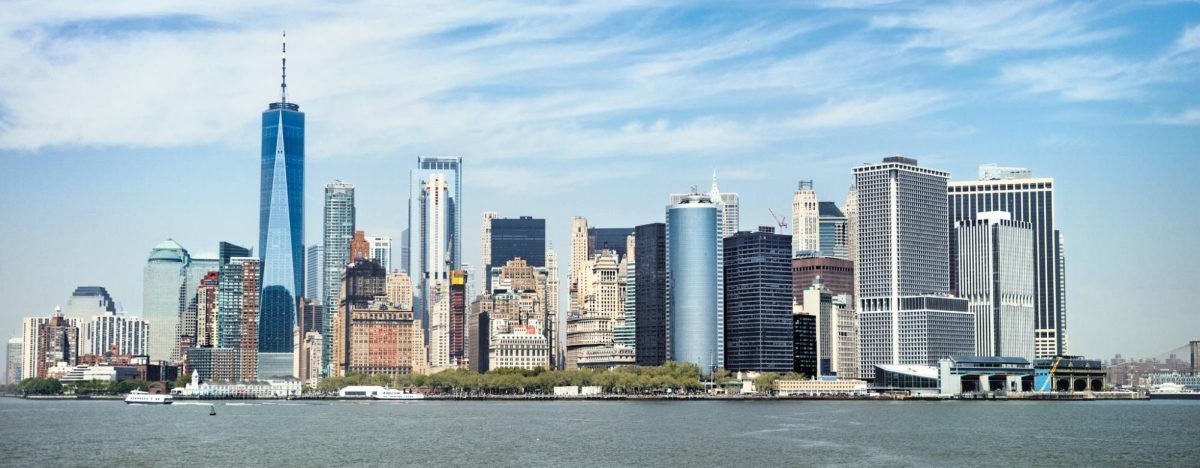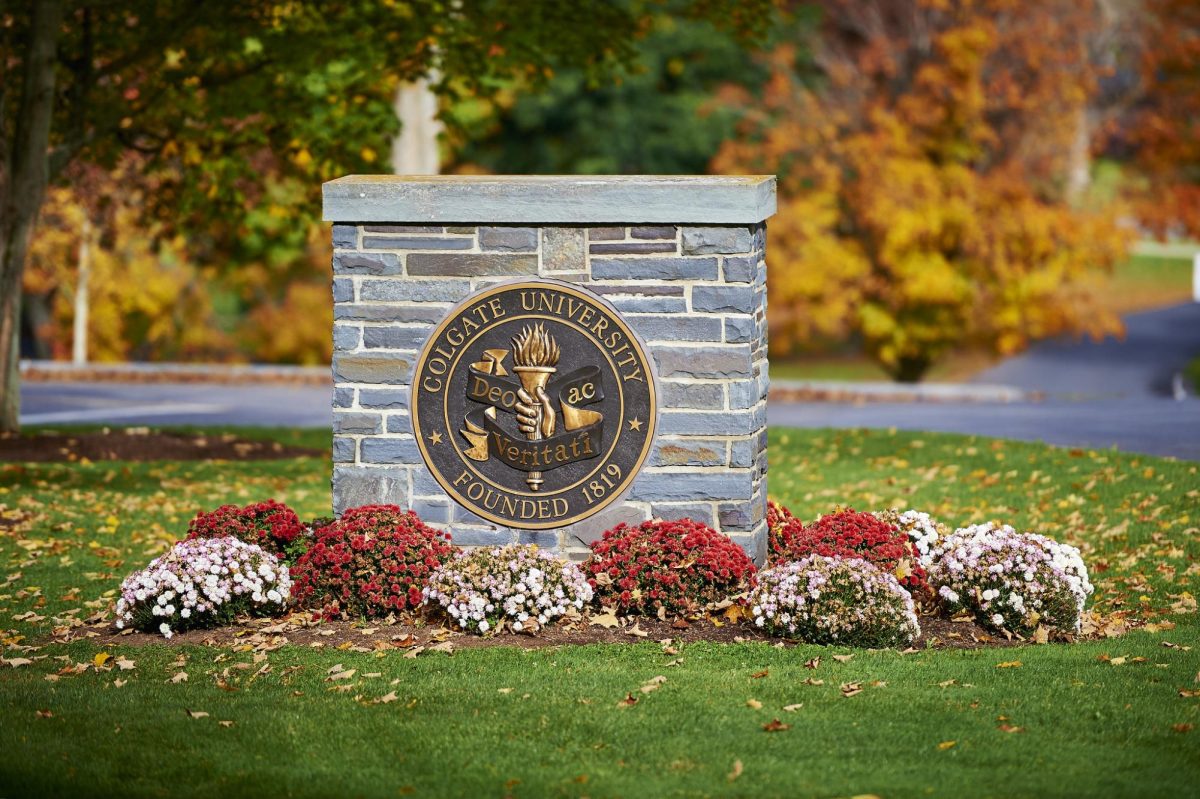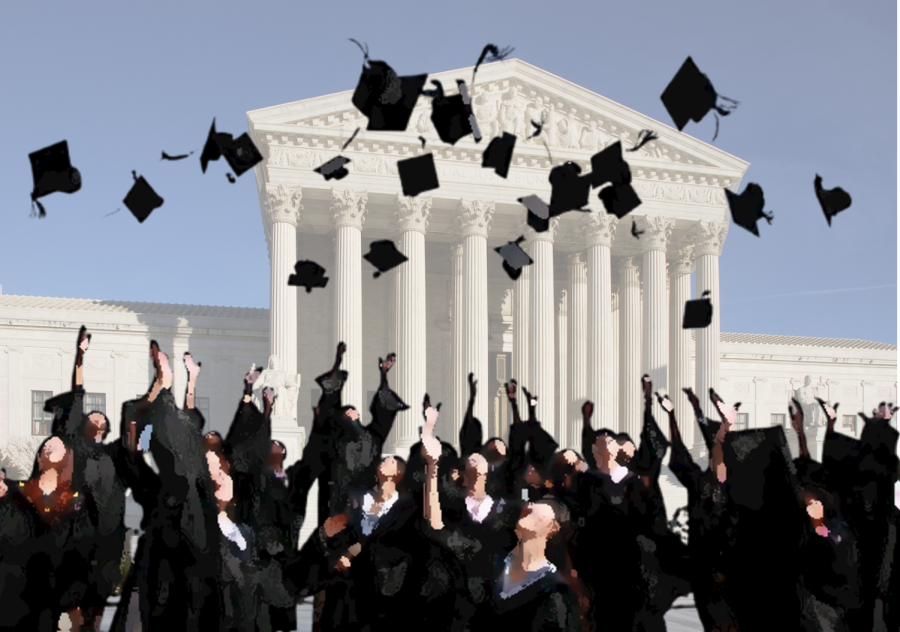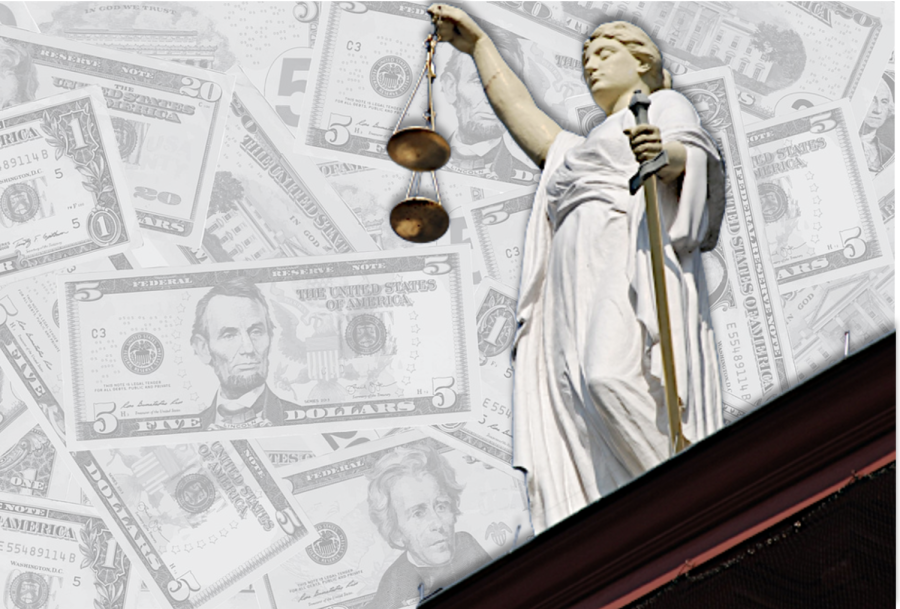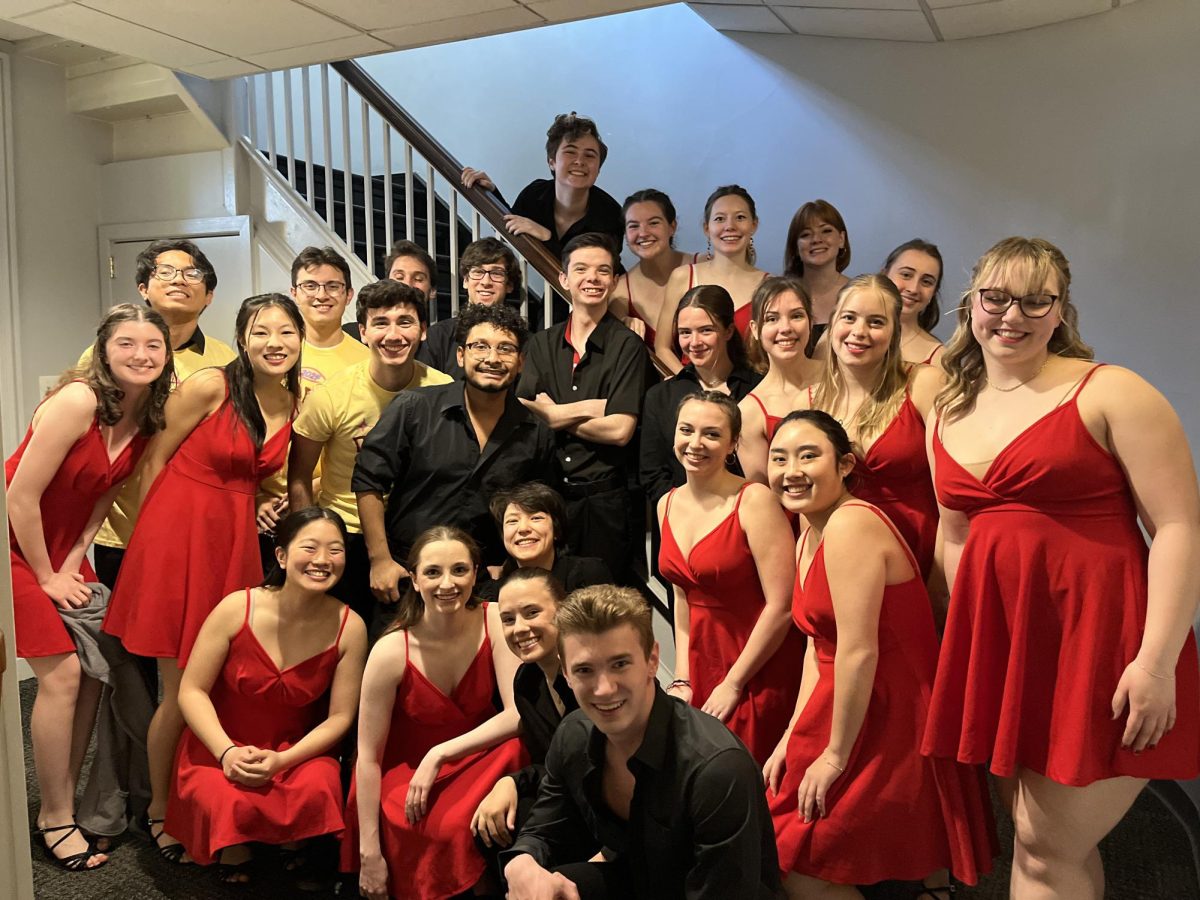The American South is not some great monolith. I have grown up exposed quite often to harsh, blanketing criticism of the land I hail from. Southerns are quickly categorized as unintelligent, impoverished, conservative and sometimes racist. Southern accents are often associated with lower intelligence, as profiled in a 2012 study. While my accent is not profound, I have encountered expressions of these blatant stereotypes from other students at Colgate University.
I remember introducing myself to people as a first-year and explaining I’m from Kentucky, and how some people would respond as if they were issuing condolences with an “I’m sorry” or “That sucks.” It was confusing to me that people felt the need to apologize about my heritage and homeland as if to call my upbringing a pity or shame.
Many people see the South as a blood-red conservative bastion. Ignoring that it is narrow-minded to assume political affiliation carries a connotation of “good” or “bad,” I wonder how many people know Kentucky has a successful, two-term Democrat as governor? In some liberal attitudes, the idea of the American South may conjure up an image of the South as one stuck in a past time: rednecks and confederate flags, racism and moonshining, inept voters and dilapidated trailers. But to me, I will always think of the South as a land of surreal beauty and warming humanity. I think of golden tobacco fields and the wind-swept plains of the Bluegrass region, of bluegrass music and large family gatherings, of packed churches and determined political organizers. The South is a growing, intercultural land of immense opportunity, and it’s about time we let the South define itself in its own terms.
The modern South stands as one of the most rapidly growing regions in America. As the country recovers slowly from the COVID-19 pandemic, the South was the only region to not just grow in population, but also to account for 87 percent of the nation’s total population growth, according to the U.S. Census Bureau. The South is home to about 30 percent of Americans or nearly 129 million people. It is further a multicultural region with over 20 percent of the population speaking a language other than English at home. The economic shift occurring during the COVID-19 pandemic represents a whopping shift of $100 billion in wealth migration, with six of the fastest-growing economic states being located in the South, as reported by Bloomberg. This is furthered by Axios reporting that the South now contributes more to the national GDP than New England. The University of Kentucky recently announced a gargantuan expansion of its medical school, introducing a 500,000-square-foot facility that will make Kentucky home to one of the largest medical schools in the country. Needless to say, the ‘poor and uneducated South’ is poised to become exactly not that.
Furthermore, it must be stated that the South will forever deal with the legacy of slavery and inhumanity present in the Antebellum and Jim Crow South. It is unjust, however, to categorize this as a purely “southern” issue. The “My Old Kentucky Home” building was built by enslaved people, just as the White House and Harvard University were, as well. Maryn Larsen categorized the harm this does in “The George Washington Hatchet,” as connoting racial segregation and issues with the South removes the focus from equally harmful practices and problems still present in the northern United States. It is a further injustice to ignore the pioneering civil rights leaders who called the South home. We can’t overlook the importance of the Montgomery Bus Boycotts, the Tallahassee or Orangeburg student sit-ins, protests in Birmingham or the infamous March on Salem. Innumerable civil rights activists fought to change the very fabric of their homeland, the one that I — and many diverse and multicultural Americans — know and love today. I think it is unjust to think of the South as an inherently racist land, rather than a land in which racism is present.
As my region of the nation deals with greater amounts of attempted book bans and DEI rollbacks, I urge this not to be considered a self-fulfilling prophecy of Southern incompetence. The South is a hospitable land of ingenuity, which, over the centuries, has changed and will continue to change for the better. Innumerable activists fight to improve my homeland, and justly so. As the southern political leader Stacey Abrams said, “We must use words to uplift and include. We can use our words to fight back against oppression and hate.” From the Louisianan marshes to the Tennessee Smokies, you will find unique and vibrant Americans proud of both their land and the progress it has made. From my experience, I feel you don’t truly know God until you hear gospel praise in a southern black church or the deafening roar of cicadas in the southern night. From the Cuban communities of Southern Florida to long-forgotten hamlets in West Virginia, you may share a communion over a homemade meal. The South can never be categorized as one way — and never should be — and that is what makes both it, and America, beautiful.



